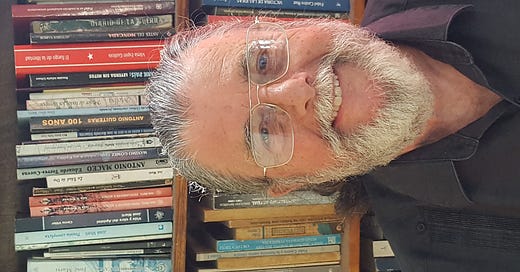The U.S. sociologist Immanuel Wallerstein described the modern world-system as the political-economic system that extends beyond the boundaries of nations and has evolved through four stages. Originating in the sixteenth century in the wake of the Spanish and Portuguese conquest of America, the modern world-system consisted initially of Western Europe, Eastern Europe, and Latin America. It culminated in a neocolonial world-system that encompasses the entire world, attaining its zenith around 1965 (see “We must overcome the colonial denial: Wallerstein versus the woke,” May 14, 2021). Wallerstein left a body of work that enables us to understand the characteristics of the modern world-economy and its class, political, and ecological contradictions.
The modern world-economy is the economic component of the modern world-system. It consists of all the economic activities throughout the world that are related to one another through a geographical division of labor, in which …


